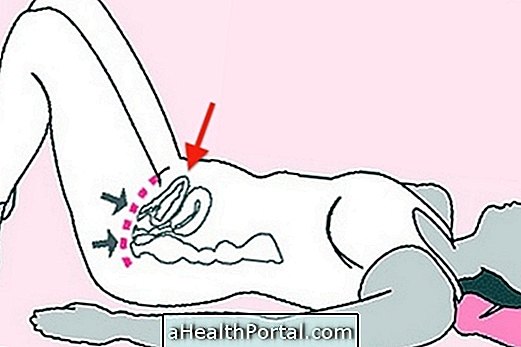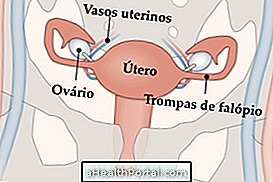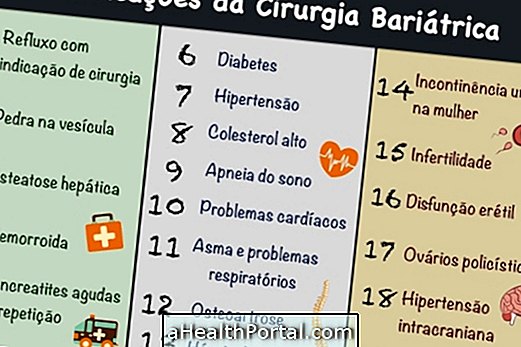Alcoholic coma happens when the person becomes unconscious due to the effects of excess alcohol in the body. It usually occurs when you drink uncontrollably, overcoming the liver's ability to metabolize alcohol, which leads to intoxication of the brain and various organs of the body.
This condition is considered a serious condition, and if not promptly treated, can lead to death, due to decreased respiratory capacity, slowed heart rate, blood glucose levels or other complications such as arrhythmia development, example.
If you detect signs that indicate an alcoholic coma, such as loss of senses, deep sleep in which the person does not respond to calls and stimuli or breathing difficulties, it is important to call the SAMU or an ambulance as quickly as possible to avoid aggravation of the situation which can cause death or severe neurological sequelae.

When you can be an alcoholic coma
A sign of an alcoholic coma is getting unconscious or losing consciousness after excessive consumption of alcohol. Some signs that may arise before alcoholic coma are:
- Excessive sleepiness;
- Fainting or loss of consciousness;
- Difficulty in articulating words or phrases;
- Inability to concentrate;
- Loss of sensitivity and reflexes;
- Difficulty walking or standing.
This happens because although alcohol initially has a disinhibiting effect, the exaggerated consumption of this substance has the opposite effect, and ends up causing a depression of the nervous system. After excessive alcohol, excessive inhibition of the central nervous system can lead to inability to maintain breathing, decrease in heart rate and drop in blood pressure, which can lead to death if treatment is not done properly.
These signs and symptoms arise when the liver, which is responsible for metabolizing and helping to eliminate alcohol, can no longer metabolize all the alcohol that is ingested, which leads to an increase in the concentration of this substance to toxic levels in the blood. See also other effects of alcohol on the body.
What to do in case of an alcoholic coma
In the first place, it is very important to be alert to the appearance of symptoms that precede alcoholic coma, especially the difficulty in articulating words or phrases, disorientation, sleep and vomiting, because if the person still has some level of consciousness and is able to feed, it is possible to prevent worsening through hydration with water and food intake, especially sugary ones.
However, if you identify some of the symptoms that indicate the alcoholic coma, it is necessary to quickly call medical care, such as SAMU 192, so that the person can be rescued as soon as possible.
In addition, until SAMU arrives, the person lying on the side should be kept in the so-called lateral safety position to avoid possible suffocation with vomiting. See how you can practice this safety technique in Safety side position.
It is not recommended to give liquids, food or medication if the person is not conscious, as it may increase the risk of choking. If the person shows a stop of breathing or heartbeat, it is indicated to initiate the cardiopulmonary resuscitation maneuver. Check out what to do in the cardiopulmonary arrest.
How is the treatment done?
The treatment of alcoholic coma by the medical team is done with serum directly into the vein for hydration, to help accelerate alcohol elimination and recovery, as well as intravenous glucose, vitamin B1 replacement, and regularization of electrolyte levels if they are altered.
In addition, if necessary, the doctor may indicate the application of anti-emetic or anticonvulsant medications, according to the symptoms presented by the patient. Continuous monitoring of the person's vital data will be required, as there may be worsening of the condition and respiratory or cardiac arrest.
After recovery, it is advised to alert the patient and family to the dangers of alcoholism and, if appropriate, refer the person to a center specialized in the treatment of alcoholism. Learn how alcoholism can be treated.






















